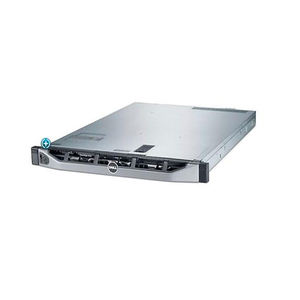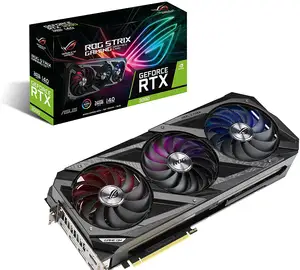Popular in your industry

































































































































































































Top categories
About used server
Introduction to Used Servers
Used servers are pre-owned server units that have been refurbished to meet quality standards before being resold. These servers offer a cost-effective solution for businesses looking to expand their IT infrastructure without investing in brand-new equipment. Used servers are available in various configurations and specifications to cater to different business needs.
Types of Used Servers
When considering used servers, businesses can choose from a range of options such as rack servers, blade servers, tower servers, and micro servers. Rack servers are designed to be mounted in standard server racks, while blade servers offer high-density computing in a compact form factor. Tower servers are standalone units suitable for small businesses, and micro servers are energy-efficient solutions for specific workloads.
Key Features of Used Servers
Used servers come equipped with a range of features that enhance performance and reliability. These include multiple CPU sockets for increased processing power, ample RAM for smooth multitasking, redundant power supplies for uninterrupted operation, and hot-swappable hard drives for easy maintenance. Additionally, used servers may offer advanced management capabilities for remote monitoring and control.
Technical Specifications of Used Servers
When evaluating used servers, buyers should consider specifications such as the processor type and speed, amount of RAM, storage capacity including HDDs or SSDs, networking capabilities, and expansion slots for future upgrades. It is essential to assess the server's compatibility with existing infrastructure and workload requirements to ensure seamless integration and optimal performance.
Choosing the Right Used Server
When selecting a used server, businesses should assess their current and future computing needs to determine the most suitable option. Factors to consider include scalability, reliability, power efficiency, compatibility with software applications, and budget constraints. By evaluating these aspects carefully, businesses can make an informed decision and maximize the value of their investment in a used server.
Benefits of Using Used Servers
Utilizing used servers offers several advantages for businesses, including cost savings compared to purchasing new equipment, quick deployment to meet immediate IT requirements, environmentally friendly by promoting recycling and reducing electronic waste, and access to high-quality server technology at a fraction of the cost. With proper maintenance and support, used servers can deliver reliable performance for extended periods.
Integration of SFTP Servers with Used Servers
For enhanced security and data transfer capabilities, businesses can integrate SFTP servers with their used server infrastructure. SFTP servers offer encrypted file transfer protocols for secure data exchange, ensuring the confidentiality and integrity of sensitive information. By incorporating SFTP servers into their network, businesses can establish a robust and protected IT environment.
Enhancing Connectivity with SSH Servers
SSH servers play a crucial role in enabling secure remote access and management of used servers. By utilizing SSH servers, businesses can establish encrypted connections for secure command-line access, file transfers, and remote administration of server resources. This enhances data protection and network security, safeguarding critical business operations and information.
Optimizing Performance with FileZilla SFTP Server
FileZilla SFTP server is a popular software application that facilitates secure file transfer over SSH connections. By implementing FileZilla SFTP server in conjunction with used servers, businesses can streamline data exchange processes, manage file permissions effectively, and ensure data integrity during transfers. This software solution enhances operational efficiency and data security within the server environment.
Implementing WebSocket Node for Real-Time Communication
WebSocket Node is a powerful technology that enables real-time communication between client and server applications. By integrating WebSocket Node with used servers, businesses can establish responsive and interactive web applications, live chat functionalities, and data streaming services. This enhances user experience, facilitates seamless data transmission, and supports dynamic content delivery for enhanced business operations.


























































